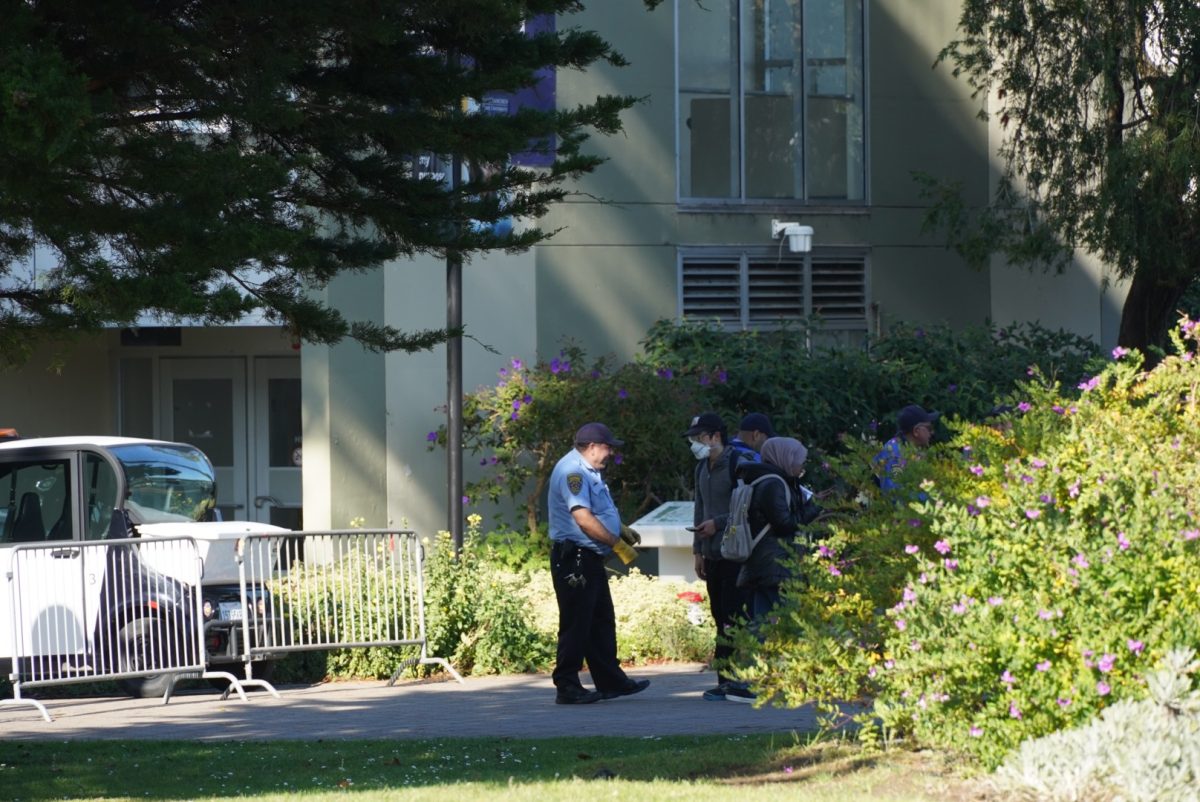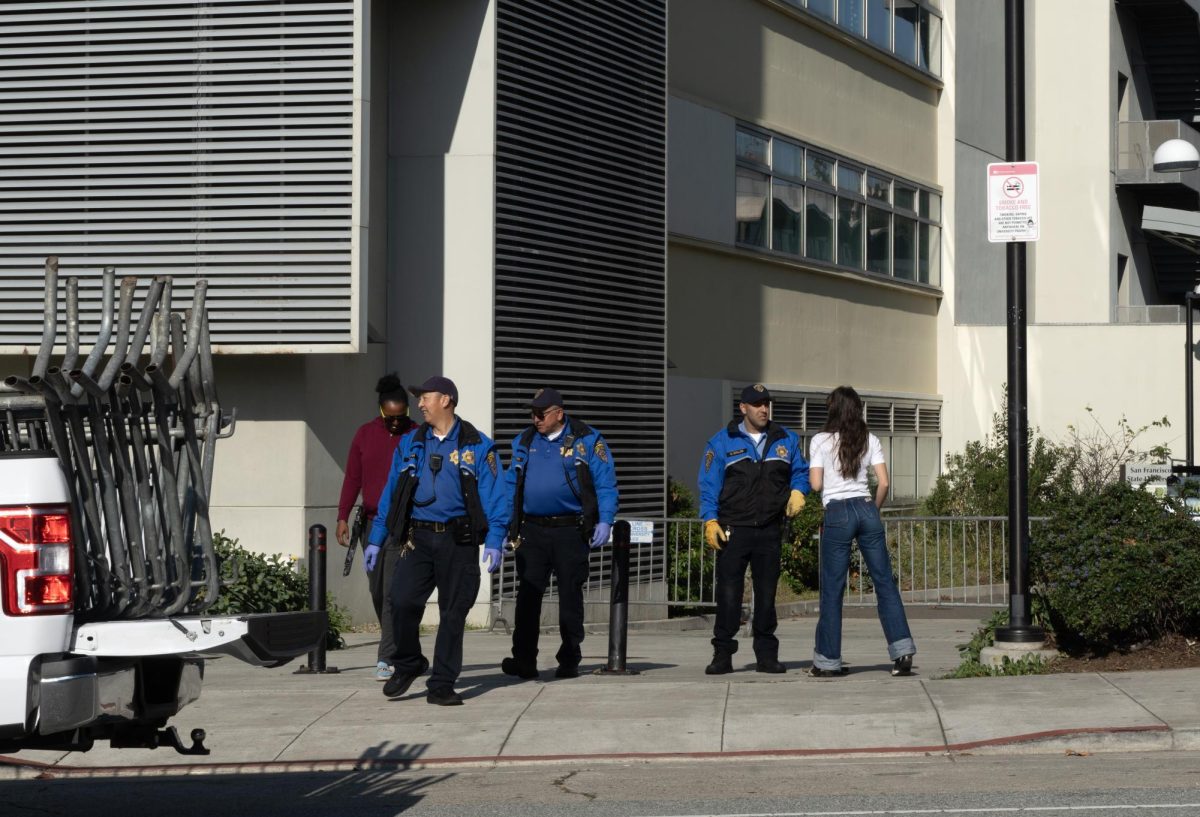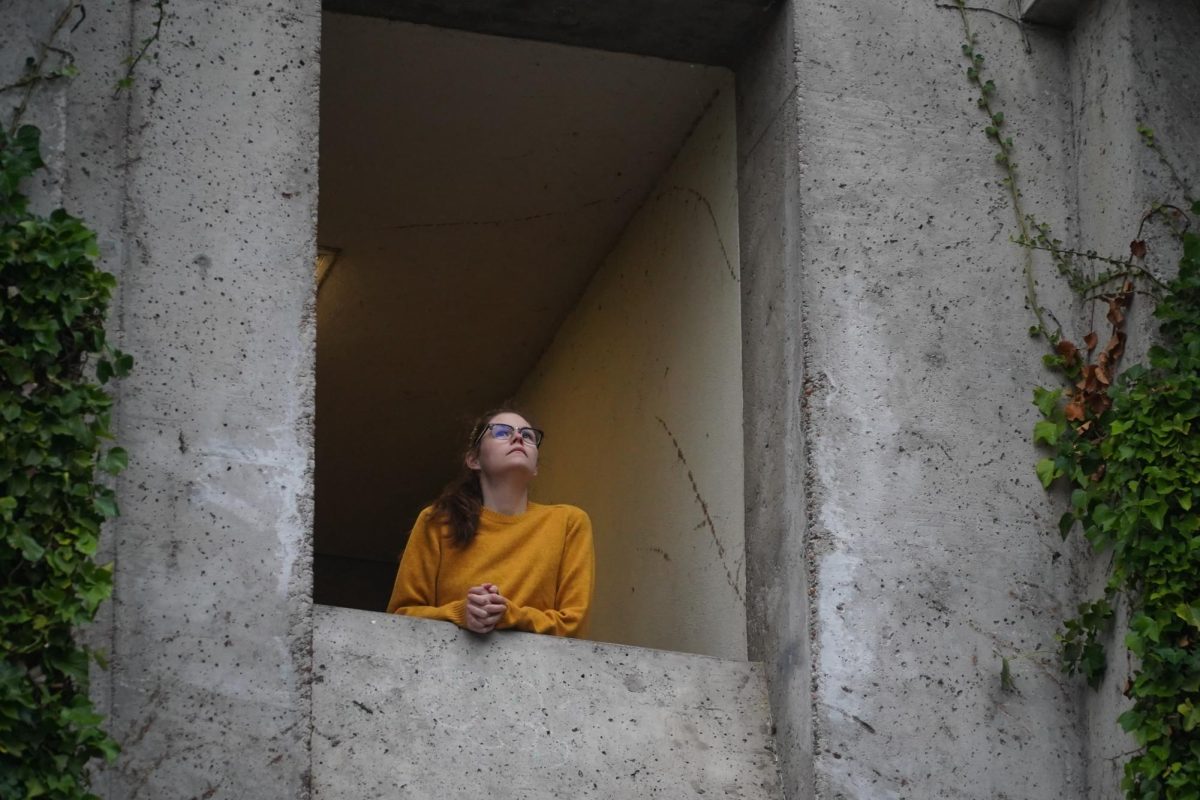SF State announced distribution of N-95 masks on campus following the fires in the North Bay in an email last week. Students can pick up masks at Mashouf Wellness Center or Student Health Services, and staff can go to the Environment, Health and Safety office located in ADM 259. The masks are made by 3M, a health and safety products manufacturer, and approved by the National Institute for Occupational Safety and Health (NIOSH).
What is N-95?

The N indicates that the mask is not resistant to oil, the 95 indicates that the respirator filter that collected at least 95% of the aerosol during testing, according to NIOSH.
How does the mask work?
The mask is made of several layers of thin woven plastic fibers that make up the mask. These layers function as a net that catches harmful microscopic particles before they can enter the lungs.
Are they really helpful?
If worn completely sealing the mouth and nose, the mask can catch 95% of harmful particles. The mask can be less protective or completely useless if it is too big to fit tightly or if someone has facial hair, according to 3M and NIOSH.
What is the air quality outlook?
According to AIRNow, the air quality index for today is “moderate,” which is a step below “good,” but not unhealthy. The forecast advises that sensitive groups like elders and those with asthma should reduce time outside and heavy exertion.The Bay Area Air Quality Management District forecast states that air quality will remain moderate through Friday.
What else can I do besides wear a mask?
The Bay Area Air Quality Management District recommends that people who are sensitive to air particles go someplace with filtered air like malls or public libraries. It also recommends using recirculation settings in vehicle air conditioners to maintain clean air.








